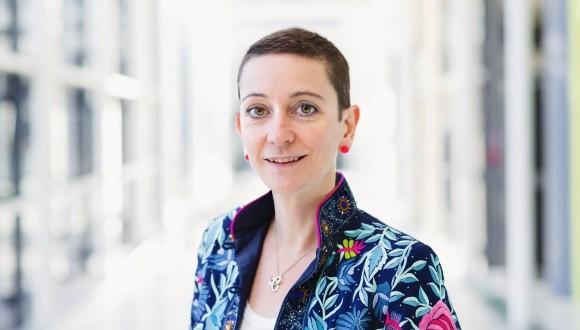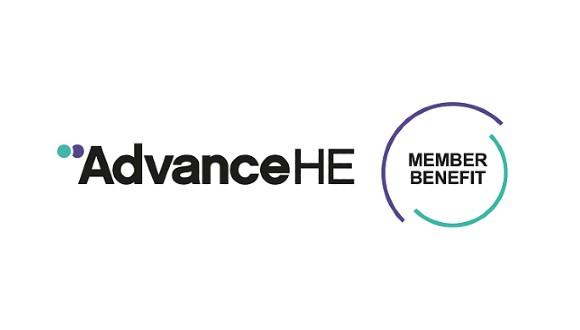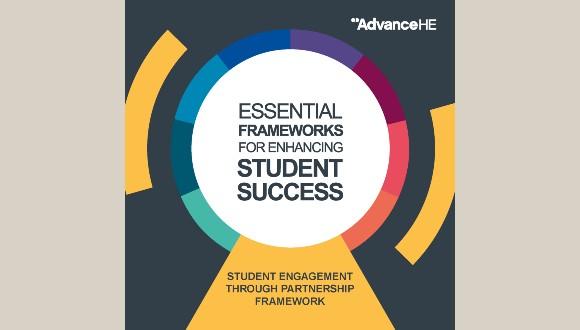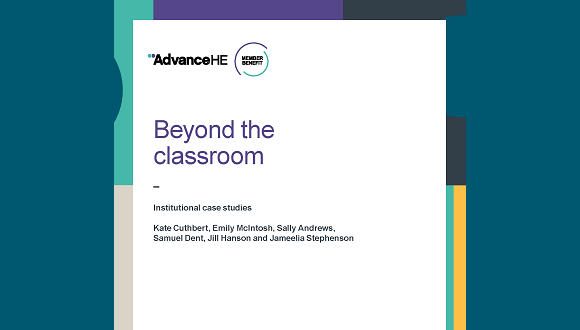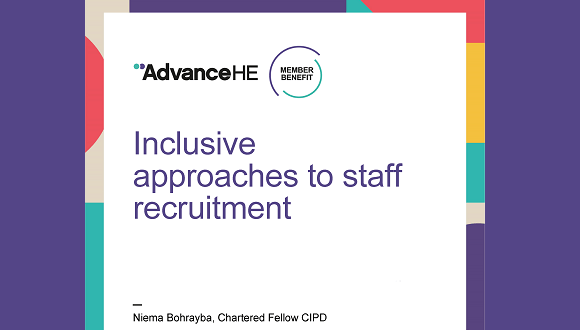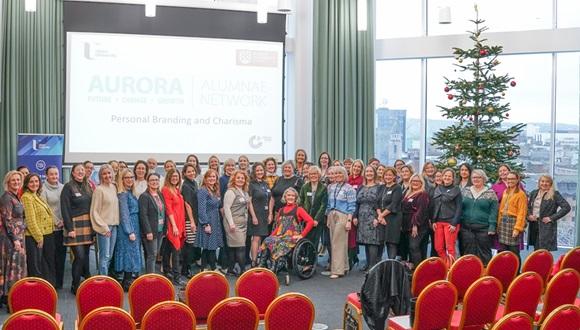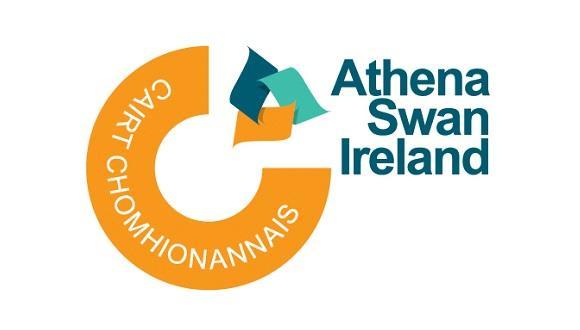At Queen Mary University of London we have recently completed a project to review and update our graduate attributes. The revised attributes set out an up-to-date vision of the knowledge, skills and behaviours that Queen Mary students will develop as a result of their learning and experiences at university.
Students as partners
Involving students in this process was important as working in partnership with students and co-creation is an institutional priority for Queen Mary. We integrated co-creation into our overall approach and established four key factors which should inform our university attributes; disciplinary skills, employer requirements, Queen Mary’s values and student views. Students were also core members of the team undertaking this work, and so were not simply consulted for their opinions, but co-designers of the entire process.
Although it is not an approach that is commonly used, our student co-creators, and indeed the whole cross-disciplinary and cross-functional project team, felt that student views of attributes should form a core input to the process. We were not just interested in what academics said were the key graduate attributes embedded within their disciplines and programmes, but also wanted to find out which attributes students thought they were developing. Similarly, we wanted to complement employer views in terms of the top skills and attributes they seek in graduates by asking students what they think would be the most important graduate attributes for them, in terms of both their future employability and their future lives.
Student views of graduate attributes
We consulted with students from across the university faculties on both undergraduates and postgraduate taught courses and studying more vocational subjects (for example electronic engineering, law, global health) and those without a specific career pathway (for example history and physics). Student consultations were carried out via focus groups and surveys and ethical approval from the university was sought prior to the consultation being carried out.
The main themes that emerged from the consultations were firstly, that students were aware of graduate attributes generally, or could work out what they are, but they were not usually aware of the specific attributes for their course. However, the students could describe multiple activities and tasks within their courses where they felt they were developing graduate attributes, for example group work and lab skills.
Students' motivation
When we asked students about their motivations for studying their course and for studying at Queen Mary, most were highly strategic in their approach. They had selected their course carefully and pragmatically with clear career goals in mind. A minority of students we consulted cited love of the subject as a motivation for their studies.
We also asked students what they felt were the distinctive qualities of a Queen Mary graduate. All university graduate attribute frameworks claim to be distinctive, and so we were interested to see whether our students felt there was something specific about studying at Queen Mary that would influence their development as graduates. The common qualities and themes identified included inclusivity, intercultural skills, international outlook, teamworking, and networking. These qualities align well with Queen Mary’s institutional Strategy and reflect the diverse profile of our students:
-
41% are from overseas
-
92% are from state schools
-
75% are from a Black, Asian or minority ethnic background
-
49% are the first in their family to enter higher education.
Enhancing employability through co-creation
We took the findings of the consultation with students and a consultation with staff together with employer views and the Queen Mary institutional values to develop the updated list of graduate attributes. We are also asking each programme across the university to review and update attributes at a programme level together with their students.
Co-creating the attributes with students has meant that we have been able to make a very clear and compelling case of the need to keep graduate attributes up to date and to communicate them effectively to students. It has enabled the academics we are working with to see this from a student perspective – the world of work that students face today is very different from the world that many staff members entered as graduates. Student motivations for studying at university may well have shifted too, and all degree programmes need to embed relevant graduate attributes and support students to translate these into job applications, future employment, and their lives beyond higher education.
The students and student representatives involved in the project have also directly shaped the way in which we will support student engagement with the graduate attributes. Going forward, students will be co-creating resources for students to help them identify and communicate their graduate attributes. There is also work ongoing to understand how to best highlight the development of attributes within the curriculum to students.
Making results authentic
The final words are from two of the student partners in this work, who share their thoughts on the importance of co-creation in the area of graduate attributes:
"I think gathering student feedback and incorporating this into the design of graduate attributes makes our process and overall result authentic. It really stands out." (Radhika Thiagarajan, QMSU Vice President Communities)
"Co-creating graduate attributes with students helps other students better understand and apply those attributes. It also allows academics to create initiatives which improve specific skills students want to develop." (Shazil Shariff, Graduate Attributes Student Intern)
Time will tell how this initiative will impact on employability and graduate outcomes, as it is too early to review the longer-term impact at this stage. However, all partners involved believe that our approach to graduate attributes is greatly enhanced through co-creation and partnership working.
Dr Steph Fuller is Academic Practice Taught Programmes Manager at Queen Mary University of London, and co-chairs the university’s Graduate Attributes Steering Group. She leads the Queen Mary Academy taught programmes Certificate in Learning and Teaching (CILT) and Postgraduate Certificate in Academic Practice (PGCAP), and provides educational development support to colleagues.
Interested in finding out more about employability and co-creation?
- Graduate attributes at Queen Mary: a co-created approach is a case study included in the 2023 Advance HE Case Study Compendium: Contemporary Practices and Initiatives in Employability. Advance HE members can download it here.
- Join us at the Employability Symposium 2023 as we bring people together to support professional development. Learn more: Employability Symposium 2023: Lighting the Labyrinth: Enhancing Student Success through the 3Es
